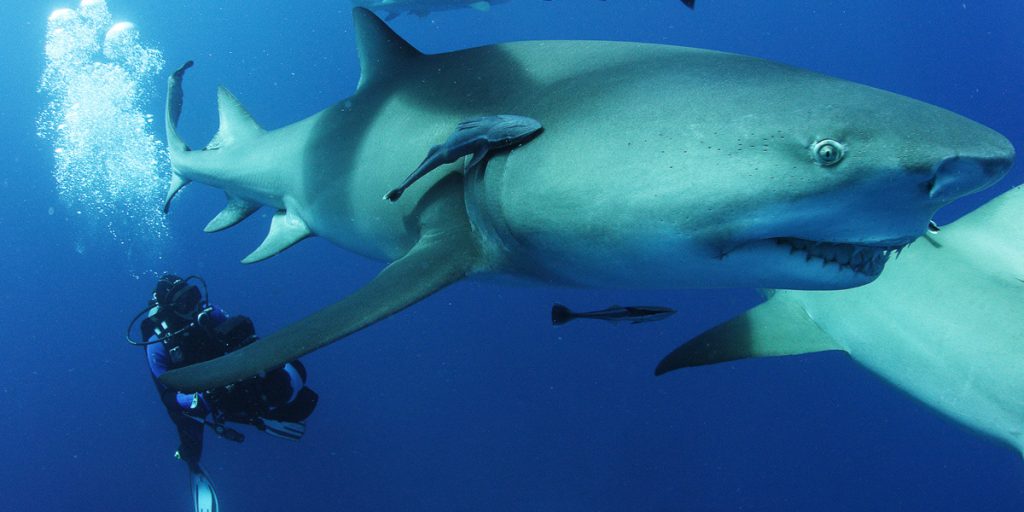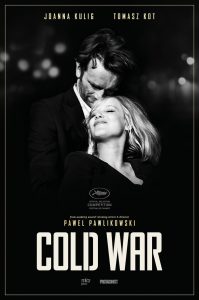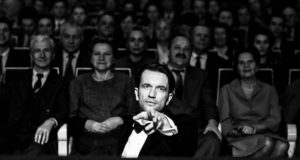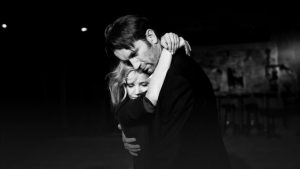Shoplifters
Beloved Japanese filmmaker Hirokazu Koreeda’s newest drama won the Palme d’Or at Cannes this summer, and it’s not hard to see why. The story of an impoverished family living in the margins in Tokyo—an elderly woman, an adult couple, a younger woman, and a boy—who take in a mistreated little girl is told with a gentleness that belies its gritty settling. The characters are to a person thoughtful and kind, and while their circumstances and their lifestyle (ie: daily thievery) is cause for concern, they’re a happy and reasonably well-adjusted bunch. It’s easy to love these people. The performances are all bang on, especially the children (Jyo Kairi and Miyu Sasaki) and the intimacy of their story helps deliver a few surprises, such as a scene with a generous shopkeeper who doesn’t chastise the kids for stealing, or one where a silent, unhappy man shares a sweet moment with the younger woman at a peep show. But the rambling narrative is absent genuine conflict. The family unit isn’t actually threatened until deep into the third act, and even then it feels both strangely inevitable and dramatically light. Objectively, it’s lovely, even moving in places, but I also found it long and too delicate for its own good.
Sharkwater: Extinction
By famed Canadian filmmaker and conservationist Rob Stewart, whose documentary Sharkwater arrived in 2006 with a splash. This is a follow-up, looking into illegal shark fining in Costa Rica, Cape Verde, and off the coast of the United States. Due to Stewart’s efforts, much of the practice has become criminalized globally, but it still happens through legal loopholes and in international waters, where sharks are more endangered than ever. Stewart died in January 2017 while making this film, a diving incident off the coast of Florida, but his collaborators and parents stepped up to finish the film, and it’s as beautiful, strident, and affecting as his other work, paced like one of those reality TV mystery shows where a charismatic host pursues the truth despite the danger it puts him in. Toward its conclusion, the film can’t help but be as much about the filmmaker as it is about his cause, as we see footage of his final dive, but it’s done thoughtfully and tastefully. His work will continue after him.
Cold War
Pawel Pawlikowski’s Ida from 2013 was a high water mark for the Polish filmmaker, whose 2004 drama My Summer of Love launched Emily Blunt into the cinematic universe. Accordingly, my expectations for this film were outsized, and it did not disappoint. The AIFF usually delivers at least one picture likely to find a place on my end-of-year Top 10 list, and tonight this year’s edition finally did.
Cold War shouldn’t work as well as it does—it resists recognizable structure as it regularly jumps through time—but the films charms from the first few minutes set in the war-ravaged Polish countryside in 1949. A pianist and composer, Wiktor (Thomasz Kot) and his colleagues search for talent to press into service for the state, a folk dancing musical troupe to perform at official events. Amongst the peasants they find Zula (Joanna Kulig), a young woman with a strong voice and a troubled past—one of the film’s best lines comes when she explains how she discouraged her father’s sexual advances. Wiktor and Zula are on fire from first sight, and Cold War is their love story as it runs roughshod through their lives, across borders, marital bonds, and even prison gates. It’s interesting to see Cold War in the same week as Colette, with which it shares at least one Paris location and a distinct side-eye of Parisienne society attitudes, this despite the films taking place more than 50 years apart.
The tone here is much lighter than Ida—Cold War is actually a comedy, though it’s dry as a martini—even as it shares with the former film some thematic parallels. And, like Ida, Pawlikowski doesn’t put a foot wrong in his directorial choices. His leads are astonishing, with Kulig a Slavic amalgam of Christiane Kubrick circa Paths of Glory, Léa Seydoux, and Jennifer Lawrence, and Kot is so louche and good-looking it hurts to stare at him too long. The whole film is gorgeous to see in the framing and lighting choices, while the music holds it all together, signposting the changes in Europe from post-war to jazz to rock and roll.
An unalloyed triumph.












